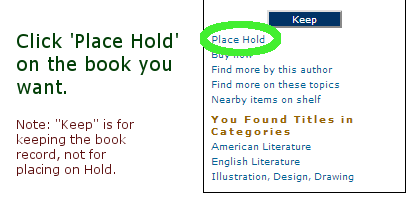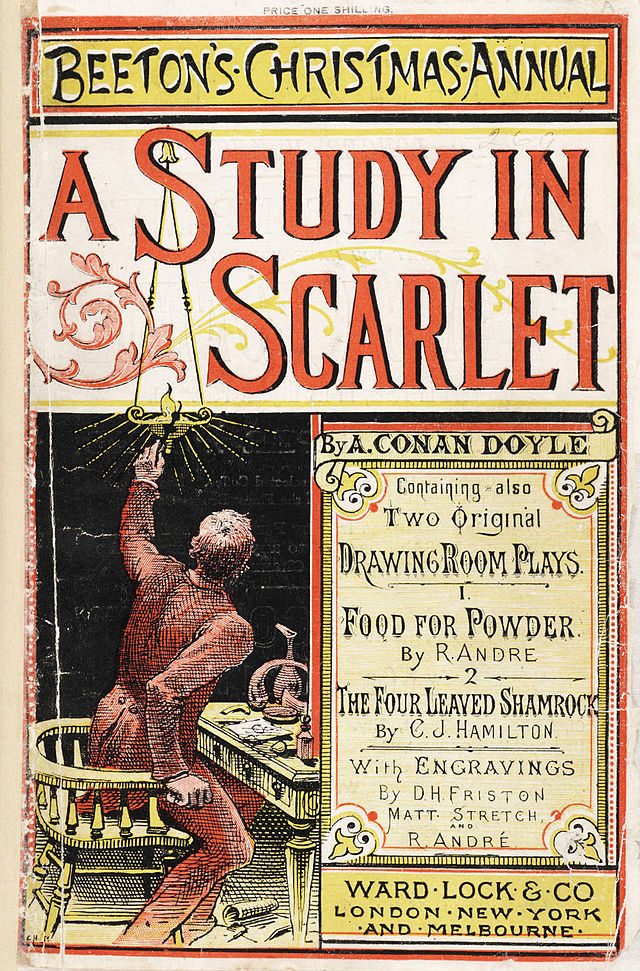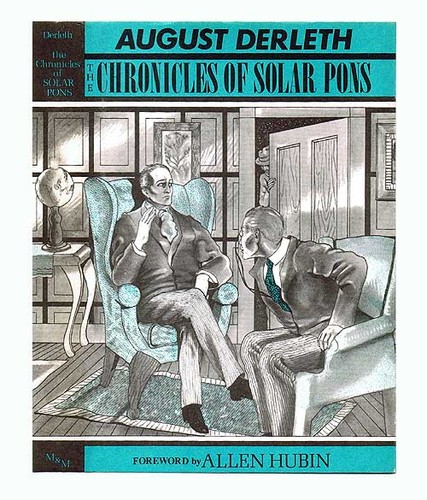There have been a couple of big plagiarism news pieces lately, including one that hits my personal weird fiction interests: a recent claim by Mike Davis (of Lovecraft Ezine) and Jon Padgett (of Thomas Ligotti Online) that some quotes from the show True Detective were outright plagiarism of Thomas Ligotti’s book, Conspiracy Against the Human Race. I am not here to talk about my personal feelings on the truth or untruth of this claim, nor even my professional assessment, I’ll reserve that for my personal discourse, but as a librarian I have noticed a number of misconceptions cropping up about plagiarism in online discussions about this issue and the others, such as a Reddit thread on r/TrueDetective about the article. I feel those are worth discussing because there are many confused by what plagiarism means and what its impact can be. There are more than five misconceptions – by the far the biggest one encountered in the Academic World seems to be, “If I found it online, it’s not plagiarism!” – but these five seem most germane to the current debates being waged in comment sections around the internet.
At the onset, my plan was to take specific posts from the Reddit thread, the Facebook thread, some of the Twitter comments, and so forth, but I found this troublesome because some of these problems are spread throughout multiple poster’s comments but some of the more egregious offenders have since deleted or edited their posts – or had their posts buried under a flood of other posts – and I am not quite comfortable with calling specific people out. I am trying to inform, not embarrass. To that end, I’ve decided to generalize a little bit, to synthesize and to analyze a little bit, and to use these misconceptions in a big picture light. If I do actually reference a specific claim from a specific person, I’ll go ahead and let that be known, because, you know…plagiarism.
A disclaimer, right off, none of these are an attack, and especially not upon the parties discussed in the source article.
Misconception: Plagiarism has fair use.
Plagiarism and copyright infringement are cousins, not identical twins. “Fair Use” is a concept better suited for copyright questions. Many of its tenants – transformative use and quantity used – are poor fits for plagiarism analysis. I can take, say, a paragraph from a book and use it in a paper and consider that use fair, especially for education reasons, but this does not excuse me from the needs for proper citation and making distinct which words/ideas are mine and which ones are not. If the ideas/words are not mine, then I need to acknowledge this at some level: citation, author’s note, credit, in-text acknowledgement, or so forth. This ties in closely with the next point…
Misconception: Plagiarism is negated by works in the public domain.
This is false. Whether or not a work is in the public domain, it does not impact the fact that someone lifted words or ideas from another source. Plagiarism is about whether or not something is from someone else, not about whether it is actionable on copyright grounds. You can argue that once a work achieves a degree of general knowledge that plagiarism becomes less possible, but then it behooves you to try and use exact quotes so that there is no doubt of the source. For instance, if I were to say, “All the world’s a stage!” in a paper about social perceptions of job titles, I could reasonable assume that the reader would recognize the Shakespearean origin, but it is still more more polite to acknowledge.
Misconception: Since X got his ideas from Y and Z, you cannot truly be said to be plagiarizing X.
Some discussions about Ligotti coming up out of this have correctly noted that his book is influenced by a number of pessimistic and antinatalistic authors. There are two points to look at here, though. First, Ligotti’s book has extensive references to those authors from whom he is deriving his arguments, so saying that Ligotti is borrowing – and in some cases commenters have actually used the claim of plagiarism against Ligotti for clearly citing the works of other- in the same way is fallacious. Second, even if many of the ideas are unoriginal, there is an aspect of his wording and his synthesis and his analysis that forms a unique take upon the field. There are cases of “soft” plagiarism where synthesis provided by one author – say as part of a literary review – is taken without credit. Maybe John Smith’s comparison of experiments involving peanuts uses only old data to make his point, but if I have used Smith to get an understanding of the field, I need to be citing Smith. Not to mention I would be forced to trust Smith’s interpretation of others data, which is additionally problematic.
Misconception: Plagiarism is negated/tested by pecuniary remuneration.
Basically, some have said that this is not plagiarism because it helped to spread the word about Ligotti through the fame of the show while some have said that it is only plagiarism if Ligotti takes it to court as such. The latter seems to be confusing plagiarism with trademark dispute – where active legal defense against infringement is required in order to hold status – while the former is practical but generally beside the point. If a professor steals another professor’s research and only admits such after the accolades, it does shed some fame back on the source, but it could have done so much better had proper acknowledgement been given at the start. Besides, even if I give you permission to use my work, it is still plagiarism if you do not cite your sources. I’ll leave aside, for now, the very tricky aspects when it comes to stuff like works-for-hire and when WfH-A uses WfH-B and etc etc.
Misconception: Plagiarism and homage are really difficult tell from one another.
This is the hardest one to nail down, and is less relevant to the sort of plagiarism that goes on at college campuses, but I would contend that there are lines. If I were to take a fountain and flip it upside down and call my piece “The Urinal” then it feels much more like an homage [see below where I debate myself briefly on this, though] than if I were to take an entire scene from Tracy Letts’ “Bug” and pass it off. In general I would say that homages should optimally be
- slight [maybe, though I guess my “urinal” above would be anything but so maybe it would not be homage]
- respectful, and
- obvious [which can mean different things in different fields and media and genre…obviously].
Bolden’s Razor
It is gauche to name such a thing after myself, I know, so don’t worry, I am not really [to respond to a comment, below]. You can call this whatever you like [I recommended you call it the “Why I Should Just Cite Rule”], even though if you have the pleasure of a library instruction session with me I might still put my own name in and/or some odd literary reference…50/50. I am making a play upon Hanlon’s Razor, which is itself potentially a reference to a number of older phrases and shows, indirectly, the trickiness of knowing the source of something even when it has a name and a ready-at-hand defining characteristic. Rather than, “Never assume malice when ignorance suffices,” I would say,
“Never avoid acknowledgement of a source when acknowledgement is possible. Always be respectful and acknowledge the dialogue between yourself and those who came before you. Go beyond minimum requirements.”
As said at the end, this is beyond “If you use it, cite it,” which is something you will be held to as a student (and otherwise) here at UAH. Acknowledge where you got your ideas from, in whatever way works best for the medium and the topic. Be respectful to those who came before you. Do not make it a letter-of-the-law issue when spirit-of-the-law suffices. As a academic or a student, it is quite actionable to plagiarize, but more than that: when you enter in a field it is good to be in a position where you can say you have treated that field well. As a librarian, provenance of information is immensely important, but even beyond that it is fascinating to look back on those old stories and those old essays and those old papers and to see them as part of a whole, not as something trying to stand singular.
How about you? Any weird misconceptions about plagiarism you want to bring up? Any questions? You can feel free to comment below or drop me a line.
Update: I have edited the wording of the Razor to be a little more definite, in response to a comment below, and also strove to make it clear that I am not trying to get people to refer to it by my name is a egomaniacal march to claim majority rule over internet aphorisms.

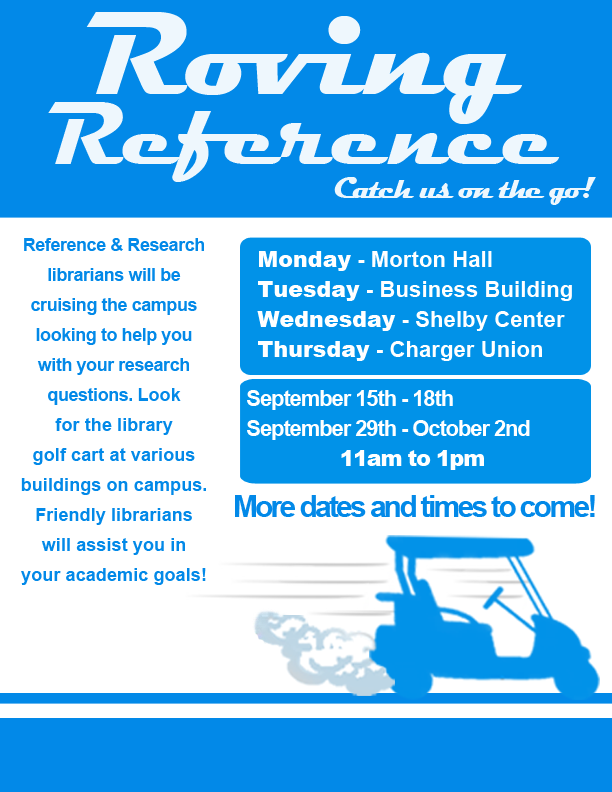
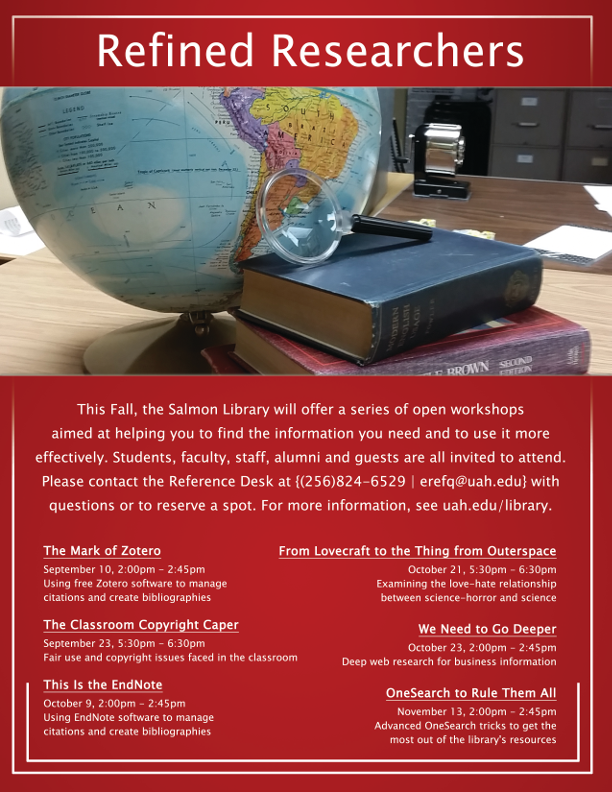

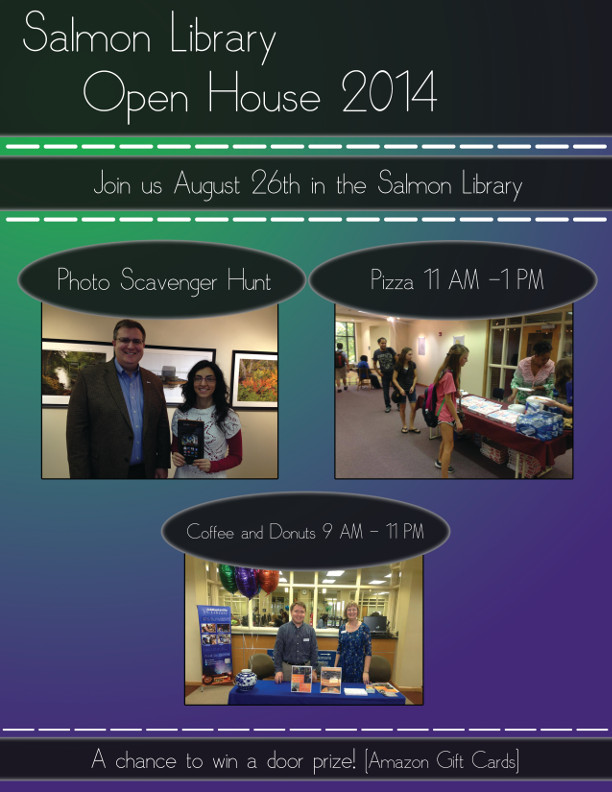
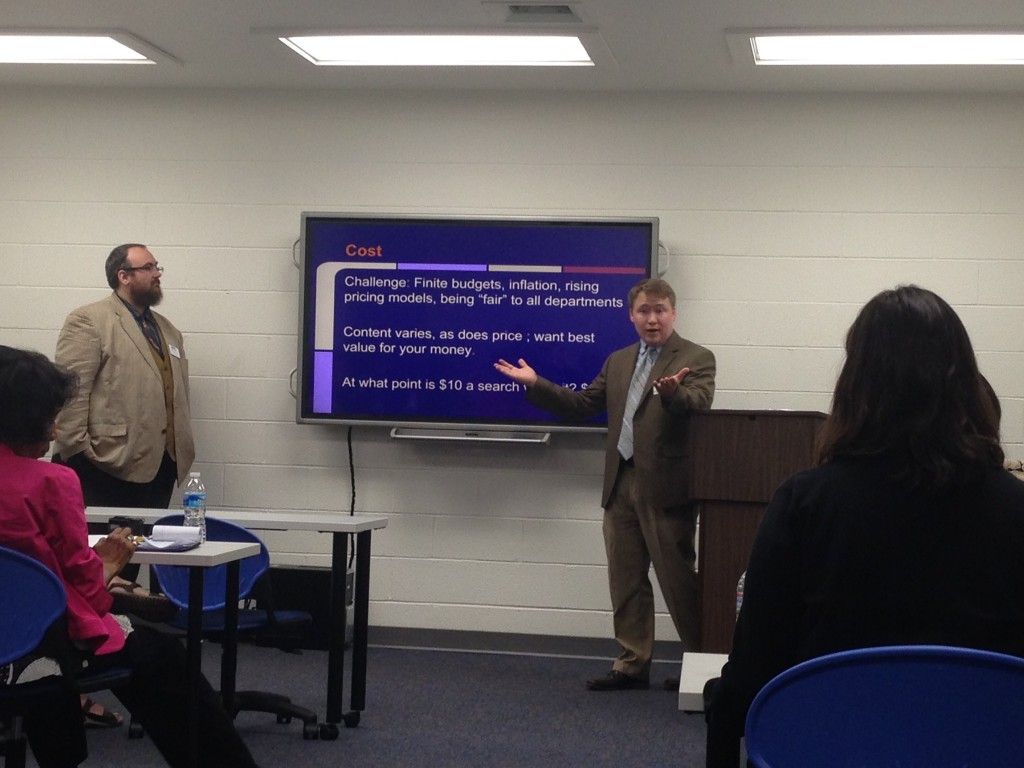
![Doug [that's me!] Describes the Jabberwock, aka Confirmation Bias Doug [that's me!] Describes the Jabberwock, aka Confirmation Bias](http://libsys.uah.edu/LibraryBlog/wordpress/wp-content/uploads/2014/07/DougandtheJabberwock-1024x462.jpg)
